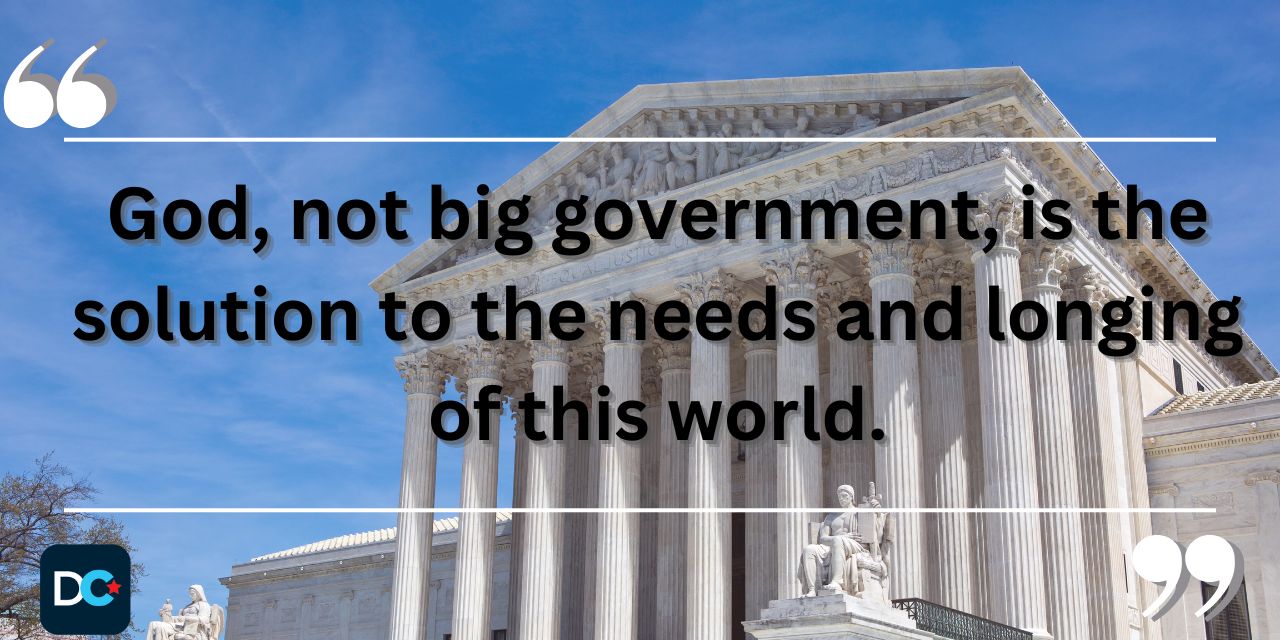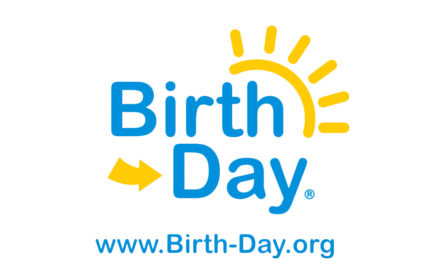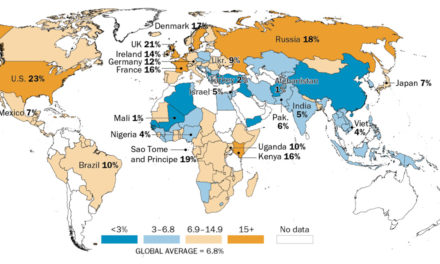When a flu-stricken President Franklin D. Roosevelt addressed the nation from the Diplomatic Reception Room of the White House on the evening of January 11, 1944, America was still locked in the grip of a two-theater world war.
“This nation in the past two years has become an active partner in the world’s greatest war against human slavery,” he began. “We have joined with like-minded people in order to defend ourselves in a world that has been gravely threatened with gangster rule. But I do not think that any of us Americans can be content with mere survival. Sacrifices that we and our allies are making impose upon us all a sacred obligation to see to it that out of this war we and our children will gain something better than mere survival.”
The president’s “State of the Union” speech would go on to concentrate primarily on the financial challenges facing Americans, who were still crawling their way out of the Great Depression. In fact, FDR even went so far as to propose during the address a “second” or “economic Bill of Rights.”
“We have come to a clear realization of the fact that true individual freedom cannot exist without economic security and independence,” he told the country. “People who are hungry and out of a job are the stuff of which dictatorships are made.”
Echoing sentiment reminiscent of socialistic regimes, FDR laid out the framework and rationale for modern-day liberalism and big government.
President Roosevelt suggested every citizen had a right to “a useful and remunerative job … the right to earn enough to provide adequate food and clothing and recreation … the right of every family to a decent home … the right to adequate medical care and the opportunity to achieve and enjoy good health … the right to adequate protection from the economic fears of old age, sickness, accident, and unemployment … the right to a good education.”
President Roosevelt went on to say that all these rights “spell security” and that we should be working collectively toward “new goals of human happiness and well-being.”
In time, FDR’s vision would be embraced by President Lyndon Johnson’s “New Society” programs, which promised, among other things, to end poverty and crime.
It’s been 80 years since that cold Washington, D.C., night, but the 32nd and 36th presidents’ budget-busting visions are still alive and well.
The belief that big government should provide the pathway to whim and wealth didn’t start with FDR, of course. Socialism and Marxism predate America’s Great Depression, and by a lot. The quest for a “Utopian” society dates back centuries or even longer. On the surface it might seem tempting, which is why Scripture is full of principles that denounce it.
For example, the Apostle Paul stresses the value and dignity of work, writing, “Let the thief no longer steal, but rather let him labor, doing honest work with his own hands, so that he may have something to share with anyone in need (Eph 4:7). He also makes clear the Christian should not depend on someone else for their resources, noting “If anyone will not work, neither shall he eat” (2 Thess. 3:10).
How do these fundamental principles square with the idea we all have the right to any number of material things? They don’t.
Yet, sympathy towards socialism is growing – and for two primary reasons.
First, as fallen and sinful people, we’re vulnerable to succumbing to the “something-for-nothing” gimmick. We prefer leisure to labor. We like getting more than we like giving.
Second, big government is growing because far too many Americans want to be taken care of rather than working and caring for someone else. Is it coincidental that as fatherlessness rises, so does the hunger for policies and politicians who will serve as substitutes for that care and protection?
Deep within the heart of every man and woman is a longing for a father, that larger-than-life person who loves unconditionally, invests in us unselfishly, and sticks with us unswervingly. When we don’t find this in the home, we look for it outside – and politicians hungry for votes are happy to fool you into thinking they can serve this irreplaceable role.
So they expand welfare policies that disincentivize work, borrow money they can’t pay back, subsidize all kinds of things to artificially lower costs, and forgive college debt.
Big government also manufactures or seizes upon crisis and fear, stepping forward with promised solutions that either make the problem worse or create a new one. Big government bureaucrats are also famous for proposing nonsolutions to a non-existent crisis.
This longing is pervasive and persistent. It won’t go away with the “right” electoral outcome. In fact, it won’t even go completely away with a terrific earthly father. This is in part what C.S. Lewis was getting at when he wrote, “If we find ourselves with a desire that nothing in this world can satisfy, the most probable explanation is that we were made for another world.”
That desire for another world, of course, is what the Psalmist was alluding to when he wrote, “My soul thirsts for God, for the living God” (Psalms 42:2).
God, not big government, is the solution to the needs and longing of this world.






